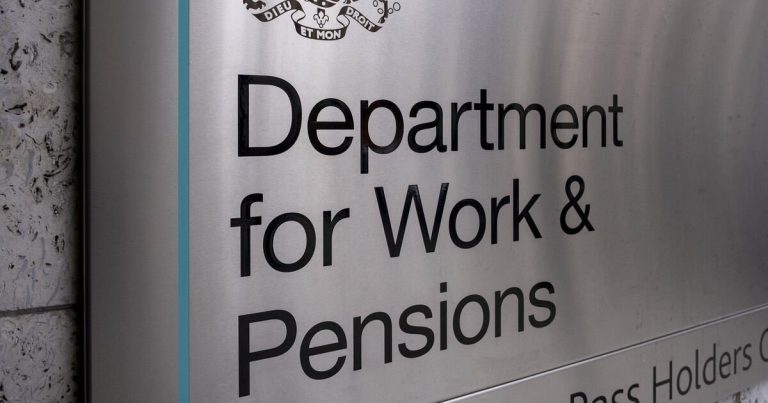

SeaWorld, which shows no signs of capitulating in a legal fight with the city over more than $12.2 million in back rent, filed papers this week stating it is moving the entire case from San Diego Superior Court to federal court.
The action, which SeaWorld says it is entitled to take without a judge’s permission, was executed just days before a Monday deadline for filing its response to the city’s lawsuit. That legal brief would likely have provided additional insight into the theme park company’s position that it owes the city no outstanding rent.
At issue is the city’s contention that SeaWorld was in breach of its lease by failing to pay its minimum annual rent during the height of the pandemic when the San Diego park was closed for several months. SeaWorld has previously maintained that it was not required to make its minimum rent payments during forced shutdowns, but city officials have insisted that the company’s rent could be deferred but not waived.
SeaWorld, which leases its Mission Bay site from the city, was given the option of a 24-month repayment plan, the same as what was offered all city tenants facing financial hardship.
According to a lease audit conducted by the City Treasurer’s office, the theme park owes nearly $8.9 million in unpaid rent and surcharges for the period between Jan. 1, 2019, and April 30, 2022. The outstanding sum has been compounded by nearly $3.4 million in interest charges and late fees, with interest continuing to accumulate. In August, the city gave the theme park company one last deadline to pay the $12.2 million or face litigation for breach of contract.
The San Diego City Attorney’s office filed its lawsuit Sept. 7. SeaWorld’s deadline for responding to the civil complaint is Monday.
In its notice filed Thursday to remove its case from state court and transfer it to to the U.S. District court in San Diego, SeaWorld argued that such a move is allowable under the law because the defendant and plaintiff are from different states. The theme park’s parent company, SeaWorld Parks & Entertainment, is a Delaware limited liability company and is based in Orlando, Fla. And the plaintiff, the city of San Diego, is based in California, SeaWorld attorneys pointed out.
“This District Court for the Southern District of California is the appropriate court to which to remove, as it embraces the place where this action was pending, the Superior Court of the State of California for the County of San Diego,” SeaWorld wrote in its “notice of removal,” as it is known. “… By removing this action from Superior Court of the State of California for the County of San Diego, SeaWorld does not admit any of the allegations in the Complaint.”
San Diego City Attorney Mara Elliott’s office declined to comment Friday on SeaWorld’s latest move.
What’s not clear from the company’s filing is its underlying legal strategy, if any, for wanting its case tried in federal court. While no trial date had yet been set for the Superior Court case, there is an April 12, 2024, date for a case management session to allow both parties to talk with the judge about how they want the legal matter handled.
There are multiple reasons why a plaintiff or defendant would want a case moved to federal court, said Kenneth Fitzgerald, a longtime business attorney who has litigated cases in both state and federal court. While there are pros and cons for both courts, Fitzgerald pointed out that moving the case to a U.S. District court could favor SeaWorld because a unanimous jury verdict is required for cases tried there.
“In state court, you only need 9 out of 12 jurors, so for a defendant facing potential liability and fearing that it has a good chance of being found liable, being in federal court can provide some advantage because the plaintiff has to get all 12 jurors to agree to award damages, so that’s one possible consideration,” Fitzgerald said.
One advantage for both parties, he said, is a required process for potentially settling cases, unique to San Diego’s federal court.
“There’s a required settlement conference, and a federal magistrate judge acts as a mediator and tries to get the parties to settle early,” Fitzgerald explained. “So if you can be in federal court and you have a business dispute where rational people are acting reasonably, that ‘early neutral evaluation’ program is a big benefit.”
Business litigators also tend to favor federal court, he said, because the federal judges have more staffing resources at their disposal, including “multiple law clerks, so some lawyers believe the research analysis that has to be done can be more thorough and reliable in federal court than in Superior Court where they have less staff and heavier workloads.”







